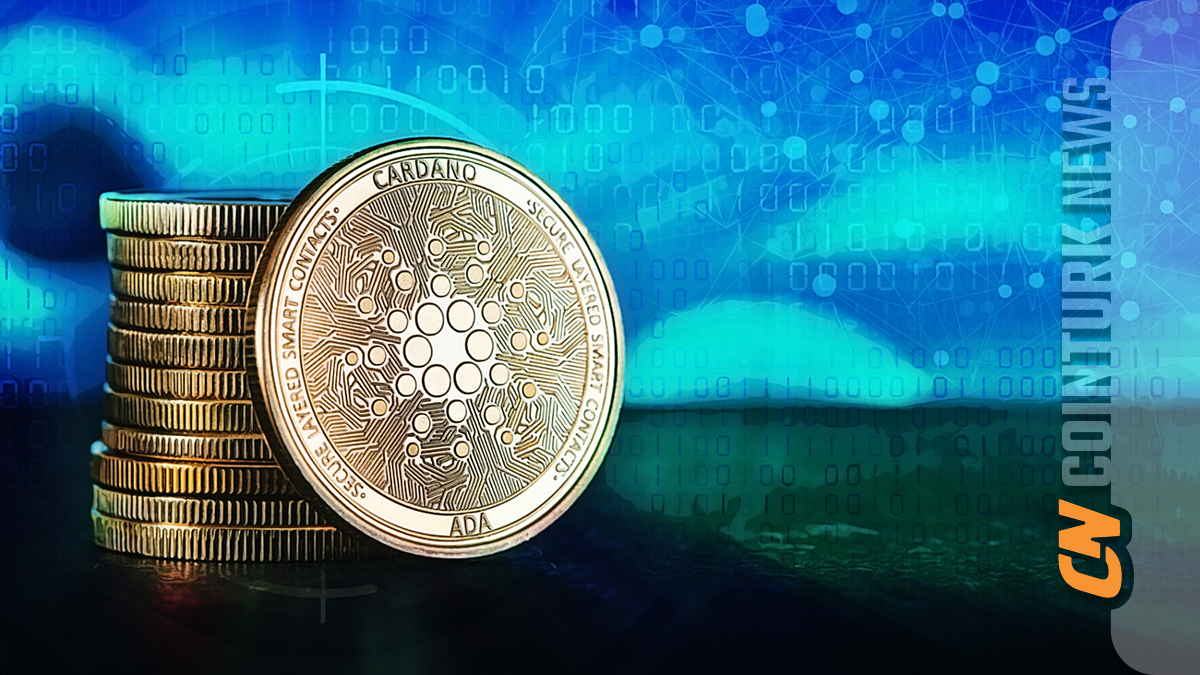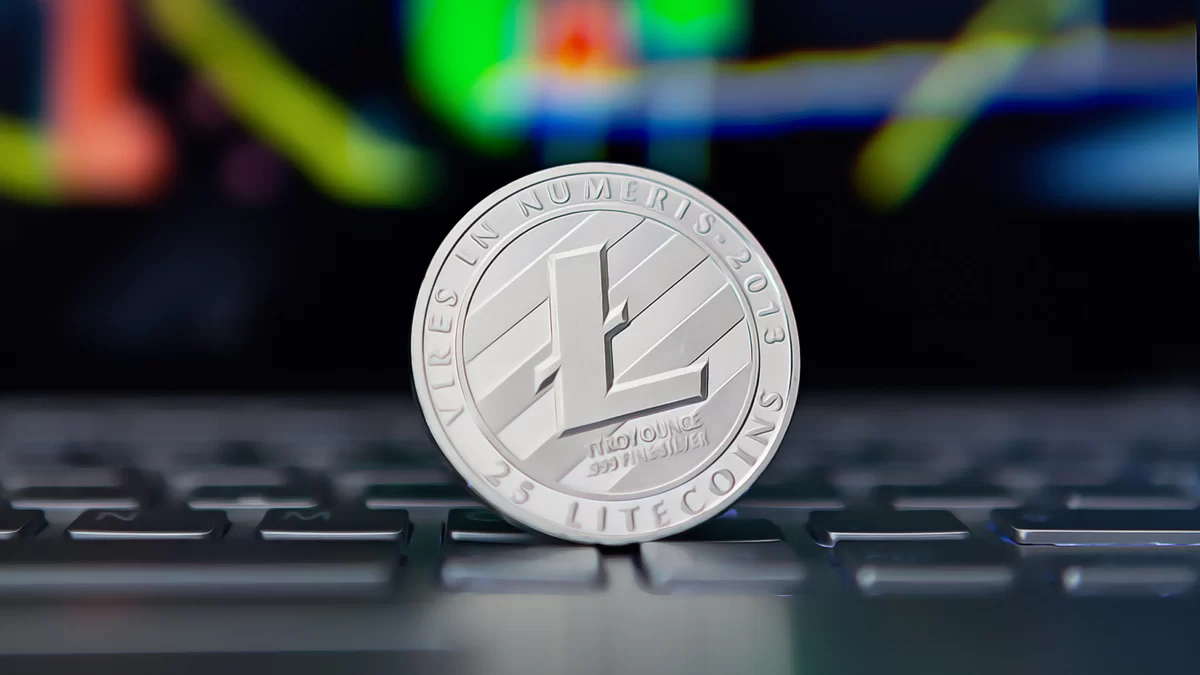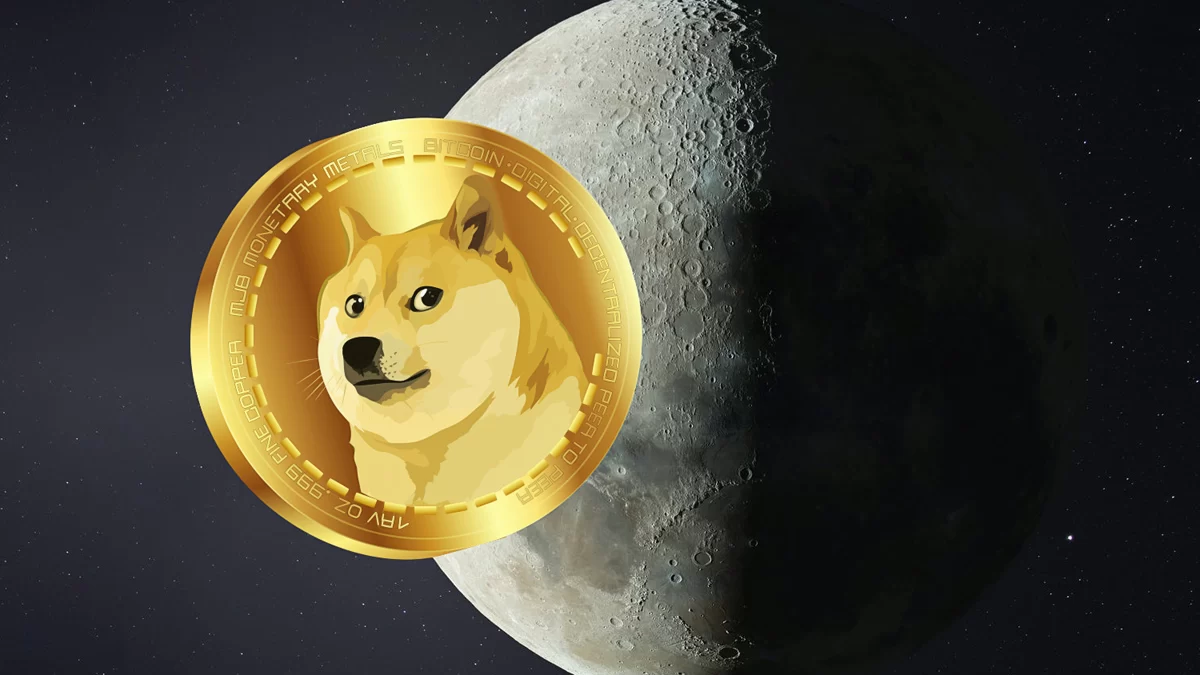NFT Paris, France’s capital attracts thousands of visitors as artists, designers, and luxury brands continue to take steps to prove the real-world utility of NFT collections and blockchain technology. The NFT Paris event held at the Grand Palais Ephemere highlighted the increasing influence of Web3 on various industries. Here are some notable details about the event.
Significant Comments from a Prominent Figure
Polygon Labs Vice President and Head of Business Development Brian Trunzo is now taking steps to bring fashion brands into Polygon’s ecosystem. Before joining Polygon, Trunzo consulted for major brands and had been researching NFTs and blockchain use cases since 2017. The potential in virtual environments is exemplified by Decentraland, CryptoKitties, Axie Infinity, as well as in-game appearances of League of Legends.

Trunzo stated that despite fashion being known as an avant-garde and progressive industry, the reality is that all gears from supply chain to design and retail are decades old, slow, and cumbersome. He expressed the following regarding the issue:
“Many in the fashion world are enchanted by Web3 when it comes to the ability to sell new things. But you can only sell so many shirts or shoes.”
Trunzo added that the brutal nature of the business, where growth and margins mean everything, has hindered the idea that brands could sell digital products or digitize and improve processes:
“It’s breaking the brains of fashion people. They say we haven’t been able to sell a new thing since we invented the hat. In a way, that’s their perspective.”
Polygon continues to establish direct connections with major brands in the US, Europe, and Asia that are developing its infrastructure. Trunzo mentions brands like Nike pushing boundaries by developing their own Web3 platform, Swoosh.
Aura’s technology provides brands with access to blockchain-based digital product passports. While these tags may not currently mean much to customers, Trunzo believes this will change as blockchain technology becomes more widespread. The Polygon-supported NFT protocol Arianee continues to prove itself as a significant player in the luxury brand space, powering product passports and NFT functionalities for many of the world’s leading brands.
Noteworthy Developments in the Blockchain Space
NFT Paris featured a speech by Arianee CEO Pierre-Nicolas Hurstel, who specifically mentioned the watchmaking industry’s adoption of blockchain-based digital passports. He predicts that by the end of 2024, 30% of premium watches produced and sold worldwide will have product identity credentials:
“Watchmakers like that people can follow the history of the product after purchase and easily transfer ownership while in communication with the watch.”
Hurstel said that the protocol is designed to create a circular relationship supported by functionality that maintains privacy between companies, products, and consumers:
“This is the Arianee connection. It provides a continuous link between a brand, an object, and its various owners. They also believe it’s the best infrastructure to build for the tokenized data intersection between their products and users.”










